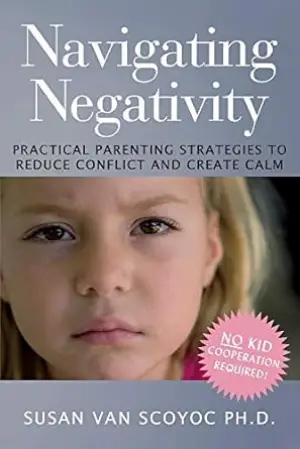I recently finished Credence by Penelope Douglas, and I have to say it was quite the ride! Fueled by my love for dark romance and the allure of taboo storylines, I picked this book up expecting an intense escape, and it didn’t disappoint. The premise grabbed me instantly: a young woman, Tiernan de Haas, comes to terms with her considerable family tragedy and finds herself amidst three strong, complex men in a secluded cabin in Colorado. I was curious to see how Douglas would explore themes of grief, desire, and personal growth in such a wild setting.
The characters, especially Tiernan, were expertly crafted and drew me in right from the start. The dynamic between her, her step-uncle Jake, and his sons, Kaleb and Noah, created a rich emotional tapestry that kept me engaged. I found myself resonating with the reviews that highlighted the depth of Kaleb’s character. Initially seen as the brooding silent type, he surprised me with his emotional weight and internal struggles. It was his journey, coupled with his protective nature, that truly struck a chord with me. I could see how other readers fell for him, as—a mix of ruggedness and hidden depths—he represented a brooding, almost archetypal love interest.
Noah and Jake served distinct roles as well, adding layers to the plot. Jake’s rough energy brought tension, while Noah’s kindness balanced that intensity and made him a character to root for. In her most vulnerable moments, I appreciated how Tiernan didn’t just find love—she also embarked on a transformative journey toward self-discovery.
However, I did find some aspects of the story brought mixed feelings. The emotional roller-coaster was at times chaotic and overwhelming, as some reviewers mentioned. While I loved the intense atmosphere, the second half of the book felt a bit rushed, especially regarding the resolution of certain character arcs. The ending felt somewhat polarizing, with some elements that could either resonate well with readers or leave them cringing. For example, although I appreciated the character growth, I sometimes felt a bit torn about the morally ambiguous aspects woven into the relationships depicted.
In line with what I observed from other readers, it’s evident that Credence dives into potentially sensitive subjects with abandon. I agree with reviewers who pointed out the book’s charm in capturing the essence of broken people trying to navigate life and find solace in each other’s arms. However, the influences of darkness and taboo elements, while thrilling, might not sit well with every reader. There were moments when the intensity seemed to overshadow the story, catering to sensationalism rather than emotional depth.
That said, I truly appreciated how Douglas portrayed Tiernan’s transformation throughout the book. It was heartening to see her evolve from a privileged girl lost in grief to a woman who found her voice, asserting her desires. This aspect reminded me of what one reader noted: the story is not merely about lust but rather about reclaiming agency in the aftermath of pain. While there were some questionable situations, the overall themes of self-discovery and emotional healing shone brightly through the chaos.
In conclusion, Credence is a bold exploration of complex themes that certainly fulfills its promise of a wild and intense romance. While it may not be for everyone—given its steeped nature in taboo—there is an undeniably moving narrative beneath the surface. I recommend this book to those who enjoy their romances sprinkled with a dose of drama and emotional turmoil. Despite a few drawbacks, it is a compelling read that will leave an impression, particularly for fans of dark contemporary romance. Overall, I’d give it four stars—definitely worthwhile but with some nuances that might not satisfy every taste.








